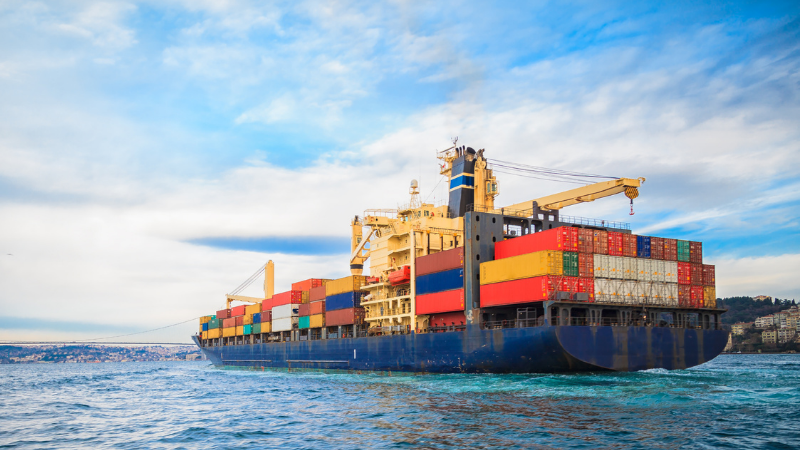Resources
Newsletter
Stay up to date and with the latest news, projects, deals and features.
SubscribeThe construction industry has been dealt another blow as industrial action cripples ports across Australia, adding pressure to an already constrained construction materials supply chain.
The Maritime Union of Australia has launched strike action at Patricks Wharfs at Sydney, Melbourne, Brisbane and Fremantle, in a campaign for pay rises and increased union control of manning levels and hiring.
Port Botany wharfies in Sydney will strike next weekend, while Melbourne wharfies plan to strike every second day in October.
Master Builders Australia chief executive Denita Wawn has condemned the industrial action, which she said would paralyse the industry.
“More than $10 billion in building products was imported in the past 12 months and these strikes will hammer the building supply chain which is already under huge pressure,” Wawn said.
“Our members are already experiencing long delays and substantial cost increases due to product shortages and these strikes will make it even harder for building and construction businesses across the country.
“There’s absolutely no doubt these strikes risk hurting the recovery from Covid as governments around the country are harnessing the building industry’s economic multiplier effect to accelerate economic activity and growth.”
Container ships have been waiting up to 18 days at berth in Sydney as a result of the industrial action while negotiations have stalemated once more.

The property industry has underpinned Australia’s Covid-19 economic recovery and produces about 13 per cent of the nation’s gross domestic product.
It has been grappling with steel and timber shortages as a result of global supply chain issues and the tailwinds of the HomeBuilder stimulus package fuelling a construction boom.
According to the Housing Industry Association, 82 per cent of builders are reporting delays with supply or trade, and there is about a 15-week lead time on timber trusses and frames, but this could blow out significantly with port industrial action.
Patrick Terminals chief executive Michael Jovic said the company had been in negotiations with the Maritime Union of Australia since February 2020, and they had an offer on the table for a 2.5 per cent pay rise over the next four years.
The ongoing industrial dispute has reportedly cost Patrick Terminals more than $15 million in revenue, which the union has rejected, while impacting supply chains across the country.
Wharf industrial action was also brought to the Fair Work Commission at this time last year, where claims were made it was delaying supply chains by up to three weeks.
But supply chain disruptions to the construction industry are likely to persist beyond the middle of 2022, according to a global risk survey released recently.
The Oxford Economics survey found one in eight businesses surveyed this month said they had been “severely affected” by supply chain interruptions, and half of respondents said they expected the Delta outbreaks to affect their businesses well into next year.
The Property Council of Australia said labour and material shortages driving up the cost of construction jobs and disruptions caused by the pandemic had delayed projects. Material shortages are at their worst in four decades.
The Australian Competition and Consumer Commission is already investigating reports of price gouging in the shipping industry, and is due to release its annual stevedoring monitoring report in November.